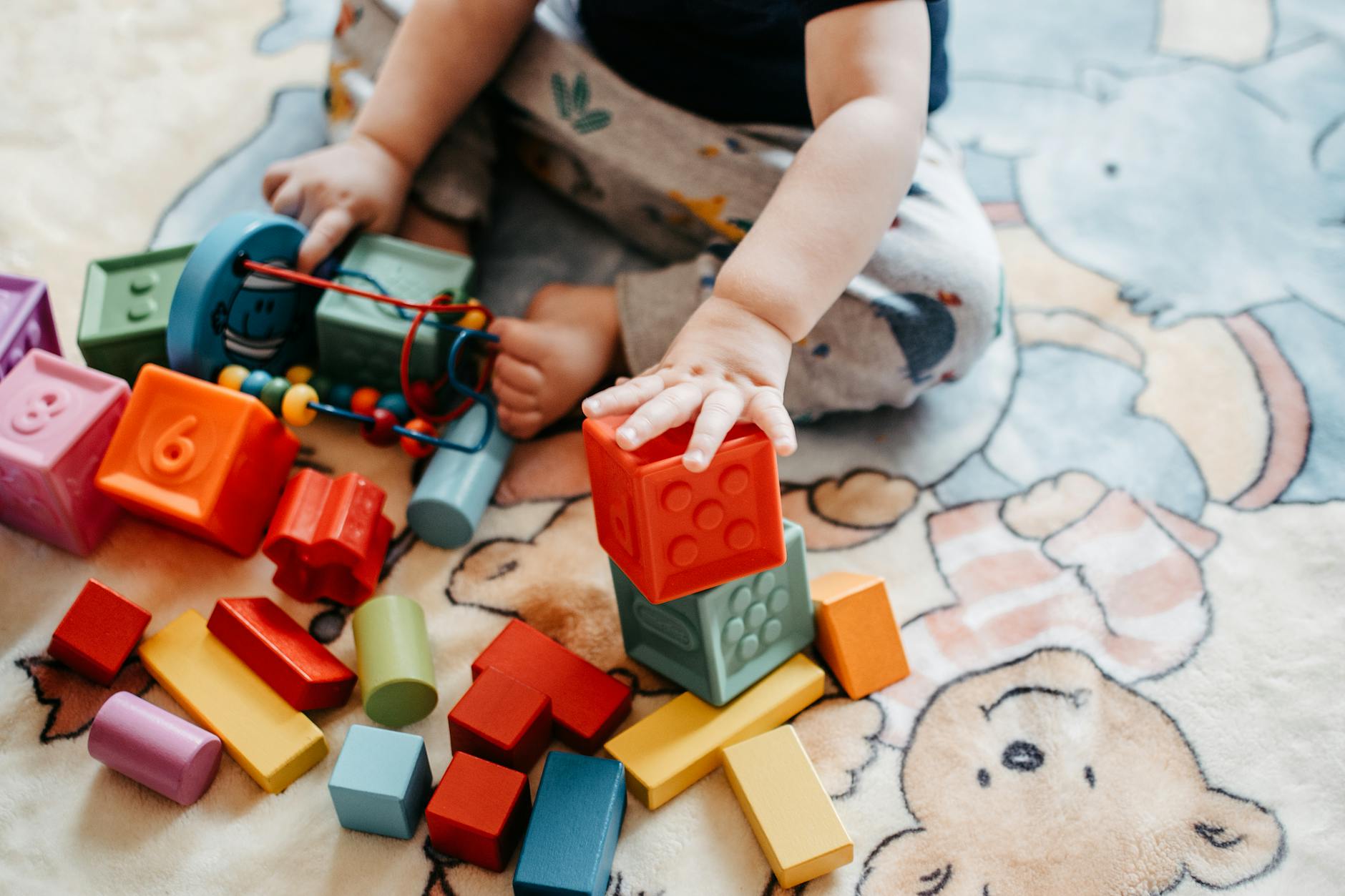🧠 Did You Know? 🧠
Kids’ brains are twice as active as adult brains until they reach the age of 10! 🤯 This incredible fact explains why playtime benefits are such a critical part of their growth. Through play, kids engage with the world around them, learning essential skills and strengthening their brain power. But not all play is created equal—certain activities have been proven to enhance cognitive development in kids, boost memory, and sharpen problem-solving skills.
Here’s why playtime matters and some simple games you can try at home to boost brain development and maximize your child’s growth.
Why Playtime Is Essential for Brain Development
Play is more than just fun—it’s your child’s way of exploring the world, developing creativity, and practicing skills they’ll use throughout their life. Neuroscientists have found that children’s brains build connections at a rapid pace during play, which helps with:
- Language development: Playing games that involve conversation or storytelling builds vocabulary and comprehension.
- Problem-solving: Puzzles, building blocks, and strategy games teach critical thinking and decision-making.
- Memory: Activities that require recalling details, such as memory games, enhance cognitive recall.
- Emotional regulation: Playing with others fosters empathy, sharing, and understanding emotions.
Parents looking for easy ways to boost brain development in kids can incorporate simple, yet powerful activities into their routine to enhance cognitive development. Below are some educational games for kids that can improve memory, problem-solving, and language skills at home.
Simple Games to Boost Brain Power at Home
These games are easy to set up and can be a fun part of your daily routine while giving your child’s brain a major workout!
1. Simon Says
This classic game strengthens listening skills, impulse control, and attention. Kids have to think fast, following commands only when they hear “Simon says,” and it challenges them to differentiate between what to do and what to ignore.
Brain Benefits: Improves executive function, self-regulation, and listening comprehension.
2. Puzzles and Building Blocks
Whether it’s jigsaw puzzles or building a tower with blocks, these activities are fantastic for promoting problem-solving, spatial reasoning, and hand-eye coordination. They also teach perseverance, as kids figure out how pieces fit together.
Brain Benefits: Enhances logical thinking, fine motor skills, and persistence in problem-solving.
3. Storytelling Games
A fun way to boost creativity and language skills is by playing storytelling games. Start a story, and have your child add the next sentence or part of the plot. You can switch turns until the story is complete. This activity can be done verbally or with drawings.
Brain Benefits: Encourages imagination, vocabulary building, and sequencing.
4. Memory Card Games
Memory card games (or matching games) challenge your child’s short-term memory and concentration. Start with simple patterns, and as they get better, increase the number of cards to make it more challenging.
Brain Benefits: Strengthens working memory, attention to detail, and concentration.
5. Treasure Hunt
Create a scavenger hunt around the house! Leave clues for your child to find, which will lead them to the “treasure.” This game encourages logical thinking and problem-solving as they work through each clue.
Brain Benefits: Boosts reasoning, planning, and cognitive flexibility.
6. Board Games
Games like Connect 4, Chess, or Checkers teach strategic thinking and planning. They also help kids develop patience and the ability to anticipate future moves. For younger kids, simpler games like Candy Land or Chutes and Ladders reinforce turn-taking and following instructions.
Brain Benefits: Enhances strategic thinking, attention span, and foresight.
How Play Shapes Your Child’s Future
When children engage in playtime activities that involve strategy, creativity, and problem-solving, they are actively building the cognitive foundation for academic success, social skills, and emotional intelligence. Encouraging a balance of free play and structured games at home gives kids the space they need to develop naturally while building key brain functions. This is why understanding the benefits of puzzles and games for child development can help you select activities that both entertain and enhance learning.
Final Thoughts: Make Play a Priority
Parents can make a significant impact on their child’s brain development by incorporating fun, brain-boosting games into their everyday routine. These activities not only create memorable family moments but also foster the skills kids need to navigate the world. Whether it’s a simple game like Simon Says or more complex puzzles, educational games for kids play an essential role in shaping their future.
Be sure to explore more tips and fun learning activities on The Modern Parent Zone for keeping those brain cells sharp and engaged!


Leave a Reply